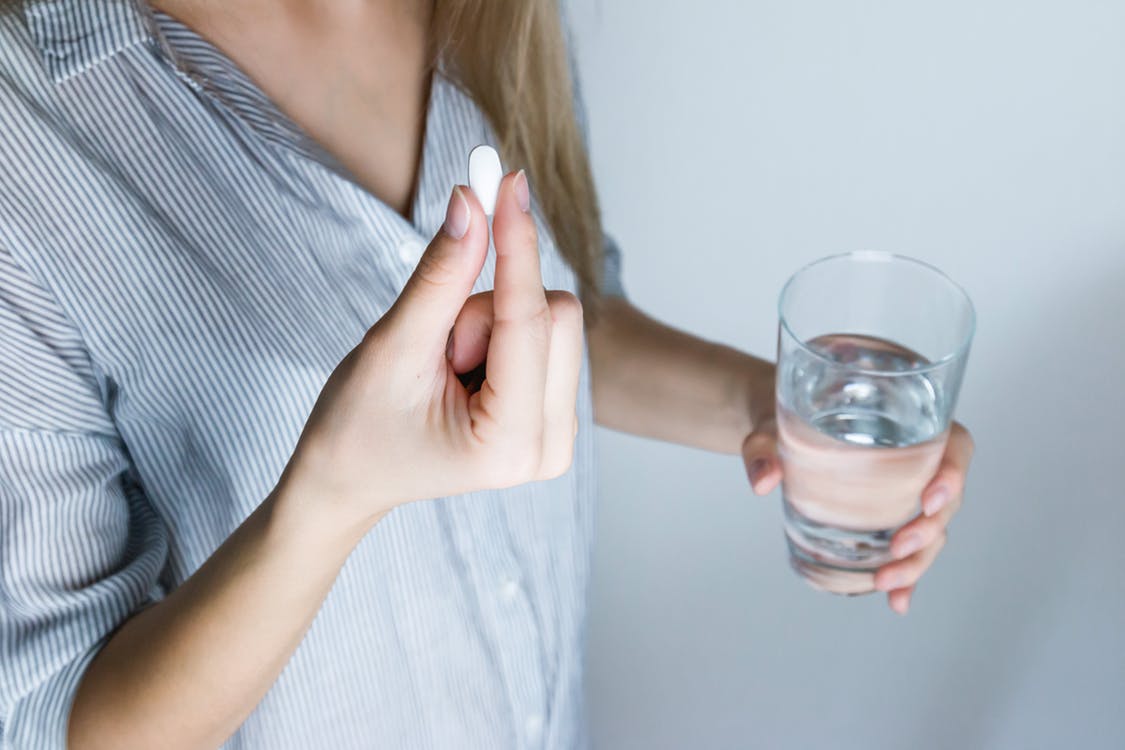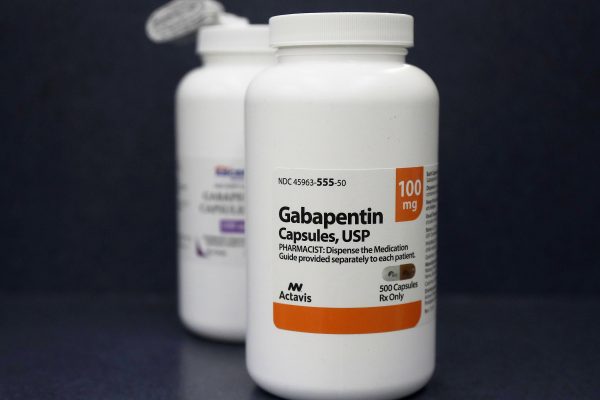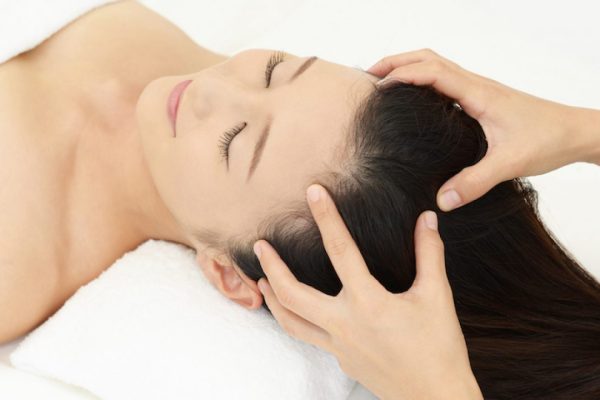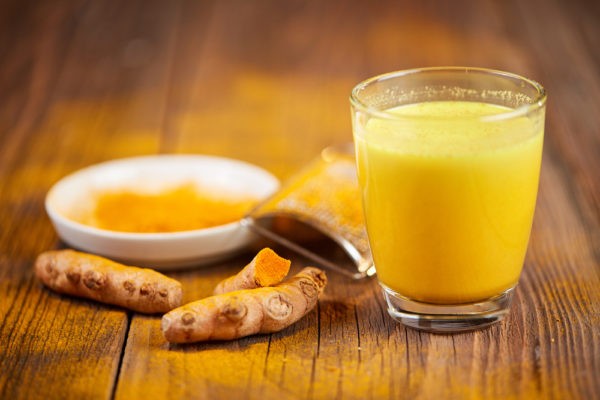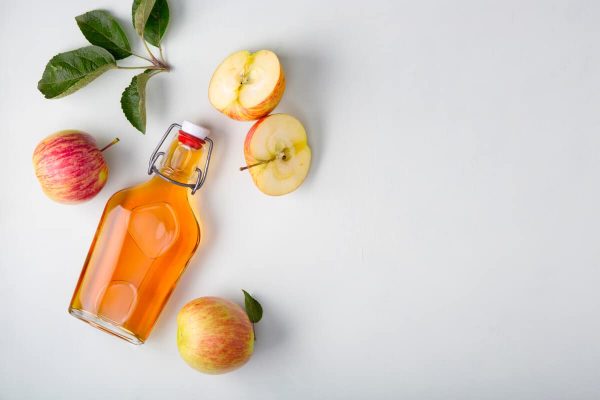Women in their 30s have diverse biological needs and health goals. And as you focus more on being active, staying healthy and aging well, taking vitamins and health supplements becomes essential.
But with so many choices available, choosing the right vitamins and supplements can be quite an overwhelming decision. To help you get started, here’s your guide in picking out which supplements are the most appropriate for your age.
1. Vitamin A
A deficiency in vitamin A can cause anemia, birth defects and your immune system to poorly function. Taking vitamin A supplements helps promote healthy skin, good vision and strong teeth. Natural food sources include carrots, kale, sweet potatoes and liver.
The recommended daily dosage for vitamin A is 2,333 IU. Make sure to avoid consuming this supplement excessively as it can affect bone health and lead to other health problems.
2. Folate, Folic Acid or Vitamin B9
If you are of childbearing age, it’s vital to increase your intake of the B vitamin folate which is also known as “folic acid” in synthetic form. Folate promotes healthy cell and tissue growth. It’s also good for the heart, and helps you maintain healthy cholesterol levels.
If you’re planning to get pregnant, folic acid is a key ingredient in your prenatal vitamins. It reduces the risk of neural-tube defects in the fetus as well as low birth weight in babies.
In fact, it’s more beneficial to start supplementing with them up to six months before the prenatal period, and throughout the pregnancy to reduce the risk of any birth defects.
3. Omega-3
Omega-3 can come from both plant and animal sources such as chia seeds, Brussels sprouts, walnut, salmon, egg yolks and liver, which means you definitely have options even if you are vegan. Omega-3 is known to prevent heart disease, arthritis, stroke, cancer and memory loss. And all fatty acids that it contains are essential for the normal functioning of bodily tissues.
Women with a deficiency in omega-3 can consider taking supplements to compensate for inadequate omega-3 in their diet.
4. Iron
Women who are in their 30s are at greater risk for having iron deficiency. This is quite true for women who are pregnant or experiencing heavy menstrual flow. Iron deficiency may cause you to feel fatigued and increase your risk for infection.
To avoid iron deficiency issues, you should strive for at least 18 milligrams of iron each day and, if you’re pregnant, 27 milligrams. Taking iron supplements can greatly help but you also have to be careful not to consume it in excess. Iron overdose can cause abdominal pain, vomiting and other symptoms.
5. Vitamin C and E
At the age of 30, fine lines, thinning skin and other signs of aging start to emerge. Good thing there are vitamins that can help slow down the skin’s aging process. Vitamins C and E are antioxidants that can fight free radicals which contribute to aging and diseases.
Aim for at least 15 milligrams of vitamin E per day to boost immunity and decrease the signs of aging. Also, take vitamin C to ease the absorption of vitamin E. Get at least 75 milligrams of vitamin C per day.
6. Vitamin D
Women who have infrequent exposure to the sun may have vitamin D deficiency. When you have inadequate levels of vitamin D, it will be difficult for your body to absorb calcium. This may lead to a poor immune system, osteoporosis and high blood pressure.
Besides sunlight, a good source of vitamin D are supplements and vitamin D-fortified milk. A 30-year-old woman’s recommended dosage for vitamin D is 5 mcg per day.
7. Calcium
Once you reach 30, you should start thinking about preventing debilitating health conditions such as osteoporosis. You can keep your bones strong by making sure you get an adequate amount of calcium. The National Institute of Health (NIH) recommends that women below 50 get at least 1,000 milligrams of calcium per day.
If you are pregnant, your calcium dosage will increase to 1,200 or 1,500 milligrams each day. Take note that your body also needs vitamin D to absorb calcium, so make sure you get 400 IU per day. Consuming vitamin D and calcium together will prevent bone loss related to menopause.
You don’t have to be at the age of 30 to start considering supplementation to ensure you get your daily dose of vitamins and other nutrients. In fact, people of all ages have to ensure that they’re getting all the nutrients they need every day. And though you may think that old age is still far away, you have to begin taking precautions now to ensure you stay healthy as you age.
AUTHOR BIO
Gehana Kennedy is the owner of vitaminshop.ae, the go-to source for high-quality wellness products including a range of step-by-step formulated vitamins, fitness supplements and natural skin care products. With innovative ideas and implementation of new technologies, she was able to establish a platform that offers not only quality products but also valuable information for customers.

